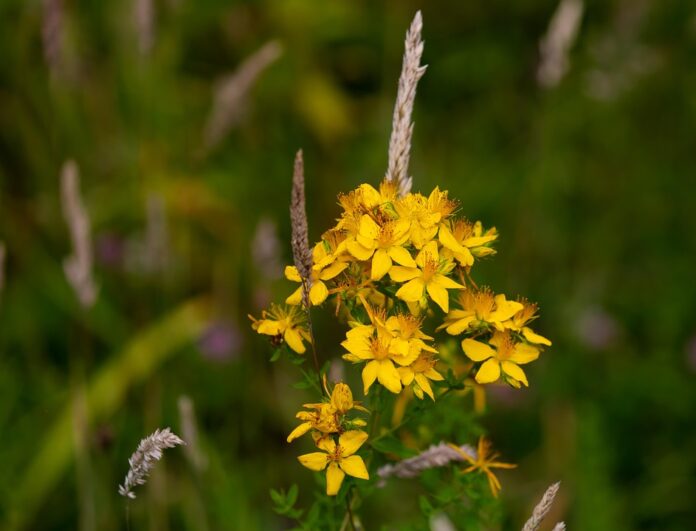Introduction
St. Johnʼs Wort, a perennial herb with medicinal properties, is primarily grown for its use in herbal remedies and dietary supplements. However, climate change poses significant challenges to St. Johnʼs Wort farming, impacting both the quality and quantity of the crop. This report will explore the specific challenges faced by St. Johnʼs Wort farmers due to climate change and examine the adaptation strategies being implemented to mitigate these challenges.
Climate Change Impacts on St. Johnʼs Wort Farming
1. Temperature Extremes
One of the primary impacts of climate change on St. Johnʼs Wort farming is the increase in temperature extremes. Higher temperatures can lead to heat stress in the plants, affecting their growth and overall health. Conversely, extreme cold temperatures can also damage the crops, especially during the winter months.
2. Changes in Precipitation Patterns
Climate change is also causing shifts in precipitation patterns, leading to irregular rainfall and drought conditions in some regions. St. Johnʼs Wort requires adequate moisture for optimal growth, and water stress due to erratic rainfall can negatively impact crop yields.
3. Pests and Diseases
The changing climate has also facilitated the spread of pests and diseases that can damage St. Johnʼs Wort crops. Warmer temperatures create favorable conditions for pests to thrive, increasing the risk of infestations and crop damage.
Adaptation Strategies for St. Johnʼs Wort Farming
1. Crop Rotation and Diversification
One of the key adaptation strategies for St. Johnʼs Wort farmers is crop rotation and diversification. By rotating St. Johnʼs Wort with other crops, farmers can reduce the risk of pest infestations and soil depletion. Diversifying the crops grown on the farm can also help mitigate the impacts of climate change on overall farm productivity.
2. Irrigation and Water Management
Given the changes in precipitation patterns, implementing efficient irrigation systems and water management practices is crucial for St. Johnʼs Wort farming. By ensuring adequate moisture levels in the soil, farmers can mitigate the effects of drought and heat stress on the crops.
3. Adoption of Climate-Resilient Varieties
Farmers are also exploring the adoption of climate-resilient St. Johnʼs Wort varieties that are better suited to withstand the challenges posed by climate change. These varieties are bred to be more tolerant of temperature extremes, water stress, and pest infestations, ensuring a more reliable crop yield.
Financial Implications for St. Johnʼs Wort Farmers
St. Johnʼs Wort farming is not only impacted by climate change but also by the associated financial implications. Farmers may face increased production costs due to the need for additional inputs such as irrigation systems and pest control measures. Moreover, crop losses resulting from climate-related events can lead to reduced revenues and profitability for St. Johnʼs Wort farmers.
Industry Insights
The St. Johnʼs Wort farming industry is closely monitoring the impacts of climate change and actively seeking innovative solutions to adapt to these challenges. Collaborative research efforts between farmers, researchers, and agricultural experts are helping to identify effective adaptation strategies for sustainable St. Johnʼs Wort production.
Conclusion
In conclusion, climate change poses significant challenges to St. Johnʼs Wort farming, impacting crop quality, yield, and financial viability. However, by implementing adaptation strategies such as crop rotation, irrigation management, and the adoption of climate-resilient varieties, St. Johnʼs Wort farmers can mitigate the effects of climate change and ensure the long-term sustainability of their operations. Continued research and collaboration within the industry are essential for developing innovative solutions to address the evolving challenges posed by climate change in St. Johnʼs Wort farming.


